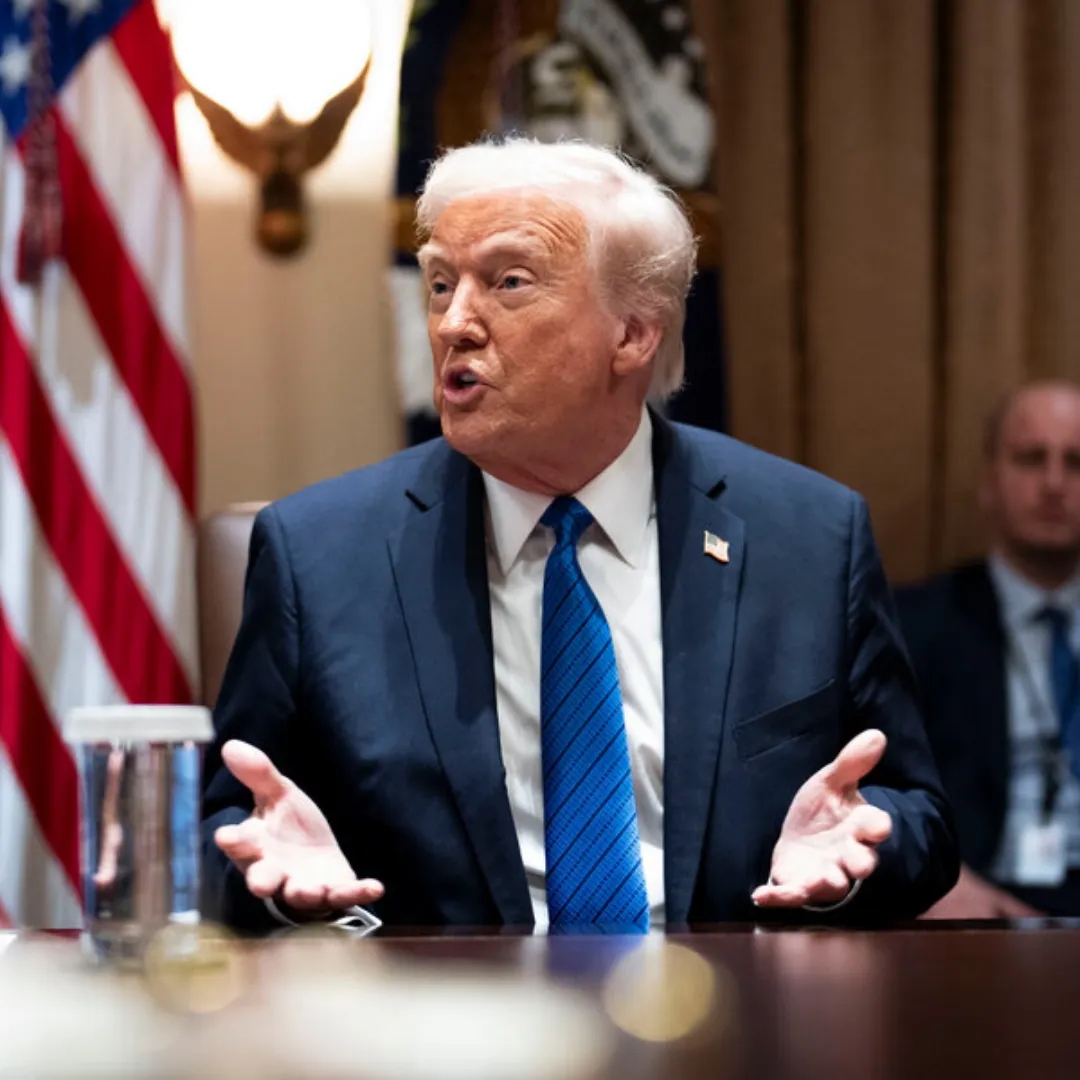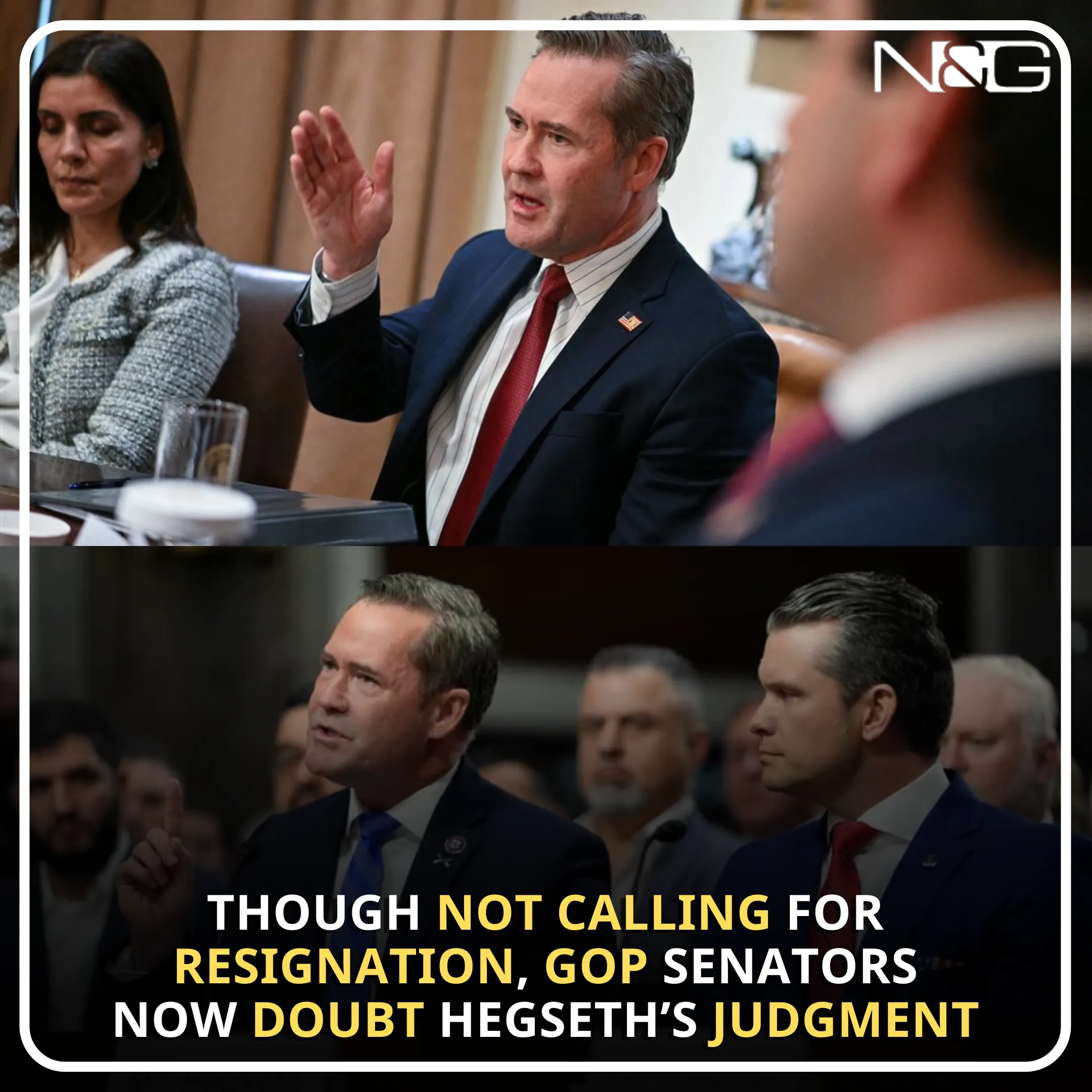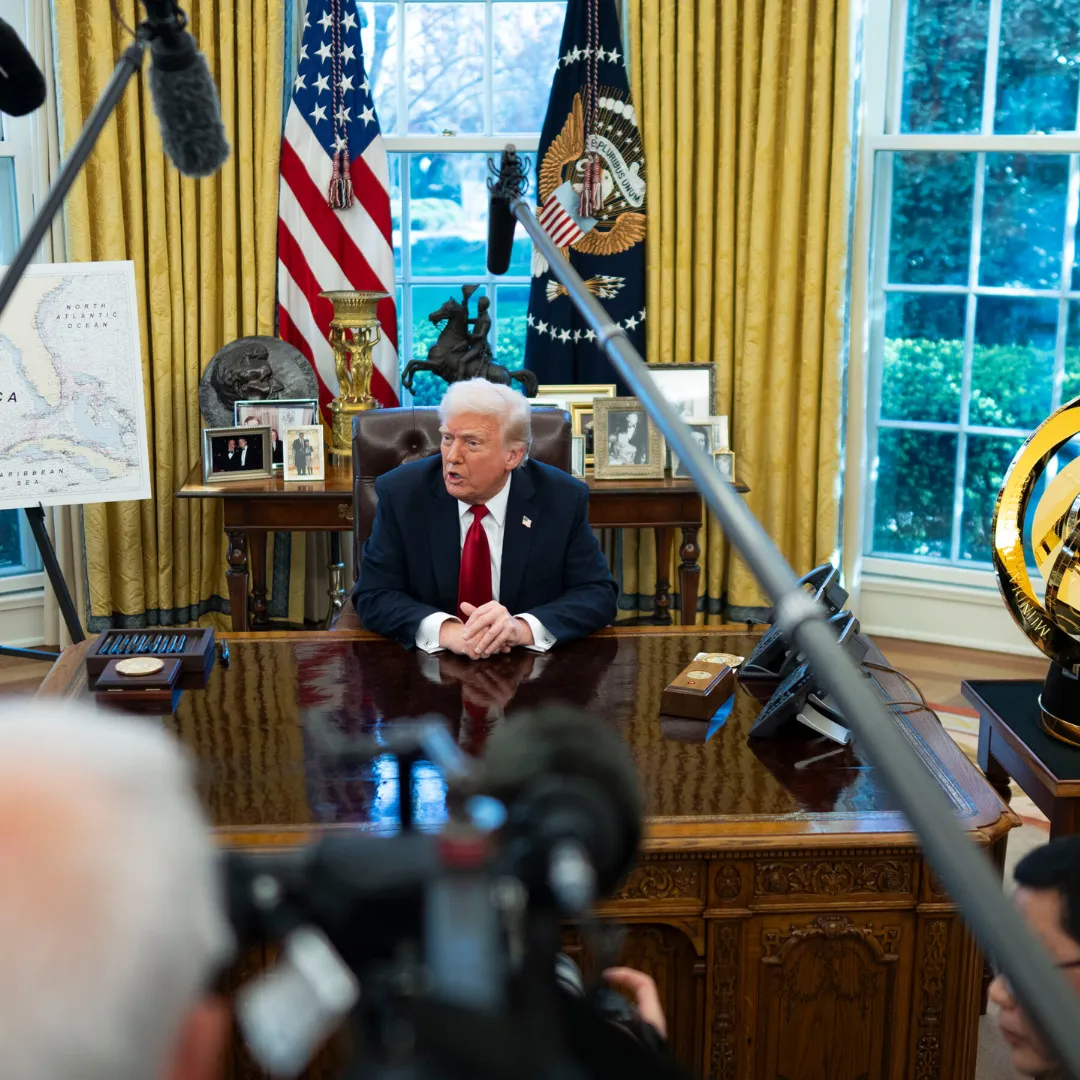
In a bold move that has brought the Trump administration’s education policy into the national spotlight, New York State has publicly defied a federal directive aimed at eliminating Diversity, Equity, and Inclusion (D.E.I.) programs in public schools.
This rejection comes after the administration threatened to pull federal funding from schools that maintain or implement such programs, making New York’s response stand in stark contrast to the more conciliatory stance adopted by other major institutions in recent months.
On Friday, the New York State Education Department (NYSED) issued a strongly worded letter to the U.S. Department of Education, effectively dismissing the administration’s demands.
The letter, written by Daniel Morton-Bentley, the state’s deputy commissioner for legal affairs, made it clear that New York would not comply with the federal government’s order to cut programs focused on diversity, equity, and inclusion.
Morton-Bentley’s response highlighted the lack of legal grounding for the federal government’s directive. “We understand that the current administration seeks to censor anything it deems ‘diversity, equity & inclusion,’” he wrote.
“But there are no federal or state laws prohibiting the principles of D.E.I.,” he added, emphasizing that the U.S. Supreme Court ruling on race-based affirmative action in college admissions did not apply to K-12 schools.
The state’s decision to challenge the Trump administration’s stance signals a growing rift between state governments and the federal government, especially as tensions rise over the Trump administration’s efforts to shape educational policy according to its conservative agenda.
This pushback from New York has sparked both praise and concern, with political figures from both parties weighing in on the broader implications for local control over education and the role of federal influence in shaping school curricula.

In recent weeks, the Trump administration has intensified its efforts to reshape the landscape of public education by targeting D.E.I. programs, which aim to promote diversity, inclusion, and equal opportunity within schools.
The administration issued a memo to state education departments across the country, demanding that schools cease any programs that it considers to be “divisive” or “unconstitutional,” including those that promote diversity training or equity initiatives.
This memo threatened to withdraw federal funding for Title I programs, which provide funding for schools with high percentages of low-income students.
The directive, issued by the Department of Education, cited the 2023 U.S. Supreme Court decision that struck down race-based affirmative action in college admissions as its justification. However, the decision did not address K-12 schools, and the memo’s expansive interpretation of the ruling drew immediate criticism from legal experts and educators.
The Trump administration’s stance effectively overreached, according to many who saw this as an attempt to restrict local control over educational practices.
The political maneuvering in Washington has sparked a backlash from progressive leaders, who view the attack on D.E.I. programs as an assault on civil rights and educational equity.
Democrats have expressed alarm over the federal government’s growing role in micromanaging education, while Republicans argue that the push to dismantle these programs is necessary to restore a sense of unity and nonpartisan education in the classroom.
New York’s response to the federal government’s directive marked a significant departure from the more subdued reactions of other institutions. Governor Kathy Hochul and New York State Education Commissioner Betty Rosa have long been outspoken defenders of diversity and inclusion within the state’s public schools.
New York’s legal and political leaders have consistently advocated for policies that protect and promote equity, particularly for marginalized communities.
In the state’s official letter, Morton-Bentley made it clear that New York would not comply with the federal government’s demands, noting that the Supreme Court’s ruling on affirmative action in higher education had no bearing on K-12 education.

The letter’s boldness was underscored by the state’s refusal to even entertain the idea of withdrawing D.E.I. programs or altering school curricula to align with the Trump administration’s wishes.
This stance contrasts sharply with the muted response of many universities and colleges across the nation, which, under pressure from the Trump administration, have quietly adjusted their diversity policies. Some have scrubbed diversity-related language from their websites or canceled events and programs aimed at fostering inclusivity.
Many in higher education have been more inclined to compromise in an effort to avoid the loss of federal funding, leading some to accuse these institutions of prioritizing financial security over principle.
In stark contrast, New York’s defiant stance has sparked a new wave of pushback from state governments and local educators who view the federal government’s intervention as an overstep into areas traditionally governed by local school boards and state law.
New York’s rejection of the Trump administration’s demands is part of a widening political divide over the role of federal power in education. While the Republican Party has often positioned itself as the party of local control over education, the Trump administration’s actions suggest an emerging authoritarian approach to shaping educational practices at the national level.
For progressive leaders like Rep. Jamie Raskin (D-Md.), this federal intervention represents a dangerous erosion of local autonomy. Raskin, along with many of his Democratic colleagues, has criticized Trump’s attempt to override state-level decisions about education.
They view the attack on D.E.I. programs as part of a broader campaign to centralize control in Washington while sidelining state governments and local educators.
However, the Trump administration’s approach is not only a political challenge but a legal one as well. Constitutional scholars have pointed out that the administration’s broad interpretation of the Supreme Court’s decision is unwarranted, particularly when it comes to K-12 schools.
The case involving affirmative action in higher education, while significant, does not have the direct implications for K-12 education that the Trump administration is claiming. This legal overreach could be challenged in the courts, particularly if states like New York continue to refuse compliance with federal demands.
The broader political implications of New York’s stance cannot be overstated. By taking a defiant stand against the Trump administration, Governor Hochul and state officials are setting an important precedent for other states to follow.
It signals a commitment to protecting diversity and inclusion in education, even in the face of federal pressure.
In Chicago, Mayor Brandon Johnson followed a similar path, expressing his willingness to fight back against the Trump administration’s threats to pull federal funding. Johnson’s defiance mirrors New York’s stance, with both Democratic leaders asserting that they will not be intimidated by federal demands.
Johnson has indicated that, if necessary, Chicago will take the Trump administration to court to protect its public schools from the draconian measures that would dismantle diversity programs.
The city, much like New York, is more resilient to the impact of federal funding cuts because of its reliance on state and local tax revenue for public education. This allows these urban centers to push back more aggressively than institutions that depend heavily on federal funds for research, infrastructure, and special projects.
The debate over D.E.I. programs is part of a broader cultural war taking place across the country, with conservatives pushing back against what they see as “woke” culture and liberals defending the need for inclusive policies in the face of systemic inequalities.
In education, these policies have become focal points for debates over social justice, historical memory, and the role of schools in addressing racism and gender inequality.
Programs that promote equity and inclusion are seen by many as necessary to level the playing field for historically marginalized groups. For others, however, these programs are viewed as divisive, fostering identity politics at the expense of merit and unity.
The legal and political battles over these programs have become battlegrounds for larger ideological debates. For many Republican politicians, dismantling or defunding D.E.I. programs is viewed as part of a larger effort to rein in liberal overreach in education, and to preserve what they see as a “traditional” view of American identity.
For Democratic leaders, such as those in New York and Chicago, defending diversity and inclusion is seen as not only a moral imperative but also a political necessity in building a more inclusive society.

New York’s defiant stance against the Trump administration’s attack on D.E.I. programs in public schools represents a crucial moment in the ongoing struggle over local control and educational reform.
The state’s bold rejection of federal overreach signals to the rest of the nation that local governments will fight to protect their communities’ right to self-determination when it comes to the education of their children.
As the political, legal, and cultural battles over D.E.I. continue to unfold, the future of public education in America will depend on how well states can defend their autonomy against federal pressure.
New York’s stand is not just about one policy issue — it’s about the core principles of democracy, freedom of thought, and the right of communities to shape the future of their education systems without interference from Washington.
The outcome of these legal and political battles will define not only the future of education but also the broader question of who gets to make the decisions that affect the lives of Americans — and who has the power to stop them.



